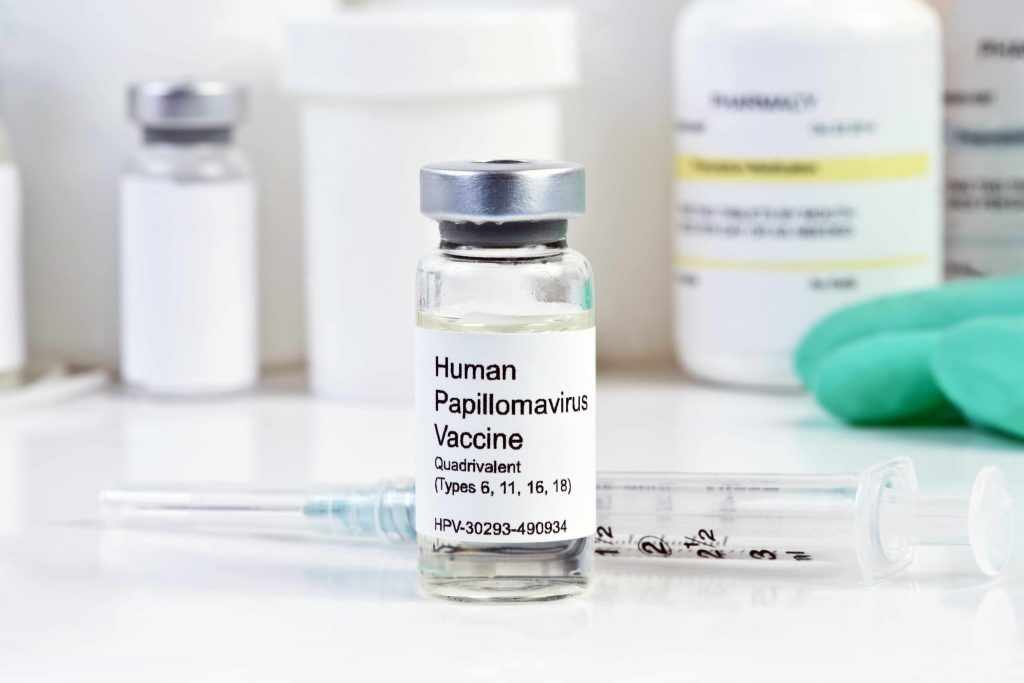As the back-to-school checklist grows, one detail that parents and caregivers should prioritize is ensuring all children have their appropriate vaccines.
Mayo Clinic's Dr. Kim Barbel Johnson says the HPV vaccine should be part of a routine vaccination schedule. It's a preventive measure that can save lives later.
Journalists: Broadcast-quality video pkg (1:00) is in the downloads at the end of the post. Please courtesy: "Mayo Clinic News Network." Read the script.
"HPV causes a number of cancers. We think of it as causing cervical cancer in women. But it also causes vulvar cancer, vaginal cancer, head and neck cancers," says Dr. Barbel Johnson. "There are about nine strains of this virus that we know causes a number of cancers."
It's the most common sexually transmitted infection in the world.
"We have an opportunity to prevent our children from getting cancer down the road," she says.
The HPV vaccine is recommended for boys and girls ages 11 to 12. It can be started at age 9.
"We want to take advantage of every opportunity that we have prior to increasing exposure risk. And so the recommendation is that we start to vaccinate our boys and girls, somewhere between 11 and 12. It can be as early as 9, "Dr. Barbel Johnson says.
The goal is to provide the vaccine before people are exposed to HPV. Dr. Barbel Johnson says the vaccine is safe and works.
"The data continues to prove that we are doing right by our children, and by young adults, by vaccinating them," she says.

The Centers for Disease Control and Prevention (CDC) says teens and young adults should be vaccinated too. The CDC has more information on the vaccine dosage and schedule.
Related posts:
- Mayo Clinic Q and A: When your teenager needs to see a gynecologist
- HPV infection may cause throat, mouth cancer
- 4 ways to reduce risks of cervical cancer







